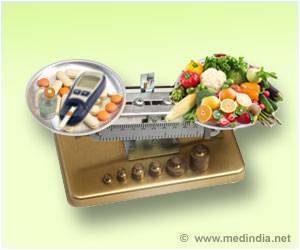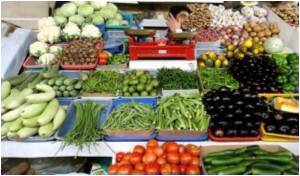Probably every website, tabloid and publication are screaming about the innumerable benefits of consumption of fresh fruits and vegetables. True, fresh fruits and veggies do have enormous health benefits and play an important role in warding away many potentially dangerous health issues, there’s a flip side to it that most of us don’t really know about.
A new study, conducted by the US Center for Disease Control and Prevention, claims that fruits and vegetables were responsible for 46 percent of all food poisoning cases, as opposed to meat and poultry foods, which caused just 22 percent of food poisoning cases.Green leafy vegetables like lettuce, spinach etc are the main culprits behind food poisoning in a majority of cases, the researchers claim. This is mostly because these veggies are often consumed raw, and the bacteria residing on these veggies are very much alive when they enter the gastrointestinal system.
Pre-cut greens, which are packed in plastic bags and sold in supermarkets may carry a number of foodborne illnesses, the research claims.
While meats are needed to be cooked at high temperatures and for a longer duration of time, most of the bacteria that reside in them, get killed due to high pressure and temperatures. Fresh veggies, on the other hand, are consumed raw, which spikes up the risk of the bacteria infecting an individual.
Director of the University of Georgia’s Center for Food Safety, Dr Michael Doyle, explained how lettuce, in particular can be extremely harmful. According to Doyle, harmful bacteria can form and grow within the plant tissue of lettuce.
E.coli, Salmonella and Listeria are common gastro-intestinal organisms that lead to health issues. These enter the body chiefly through green leafy vegetables.
“Steps are needed to be taken to ensure bacteria-free foods”, Doyle says. “New bacteria-killing techniques are needed”.















